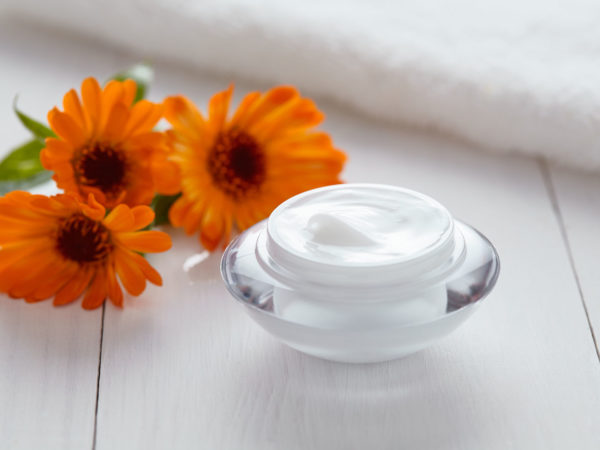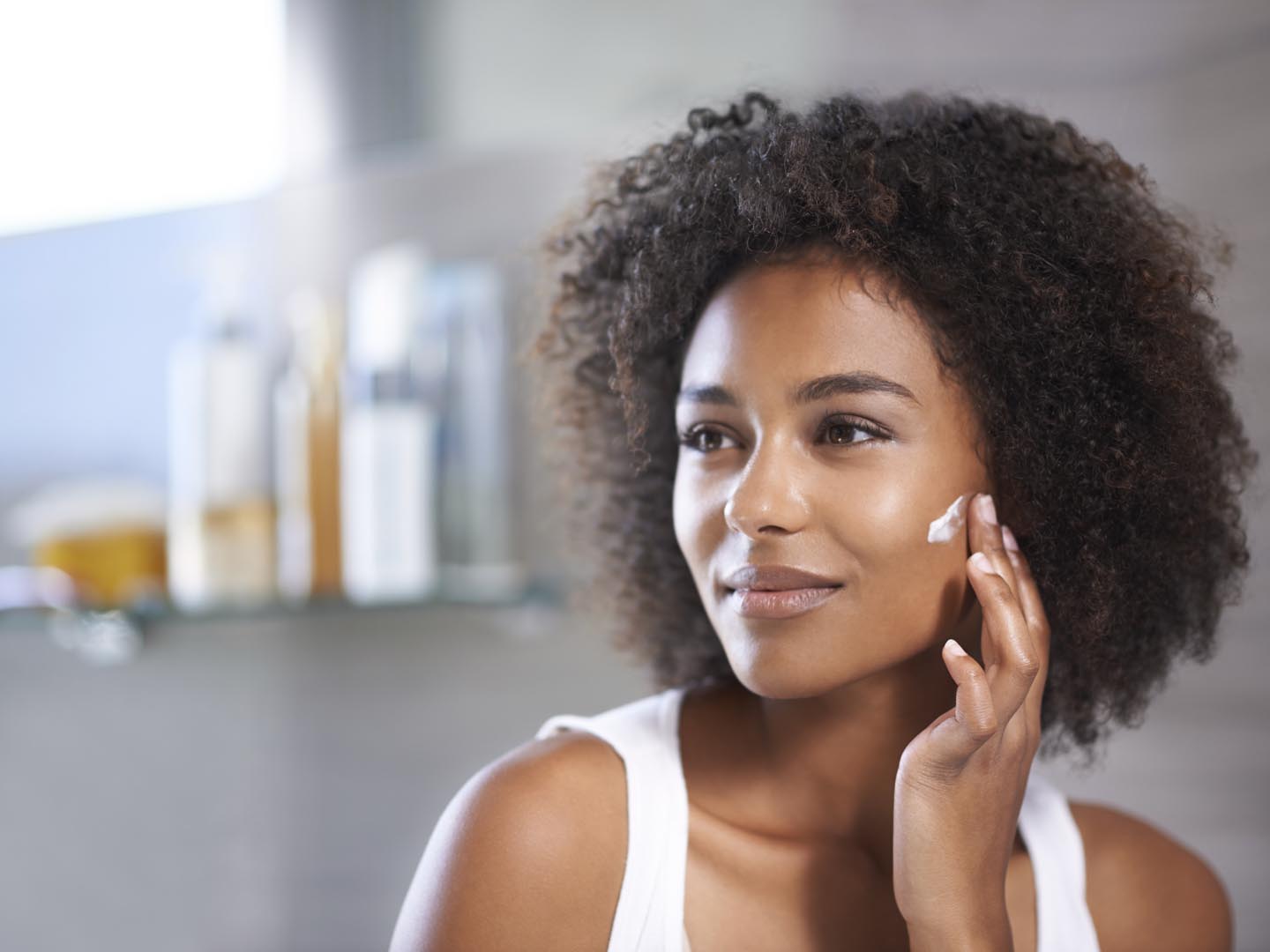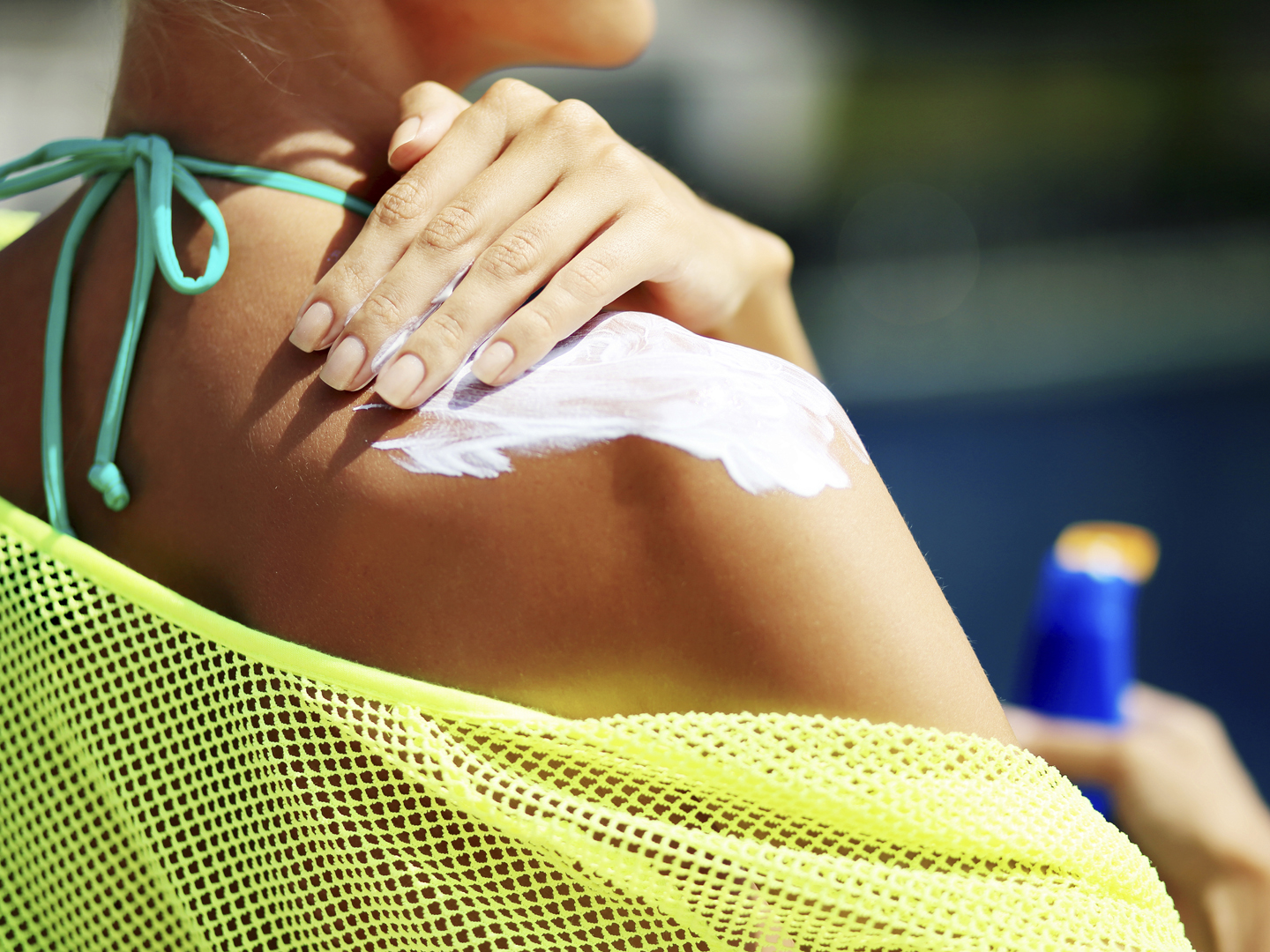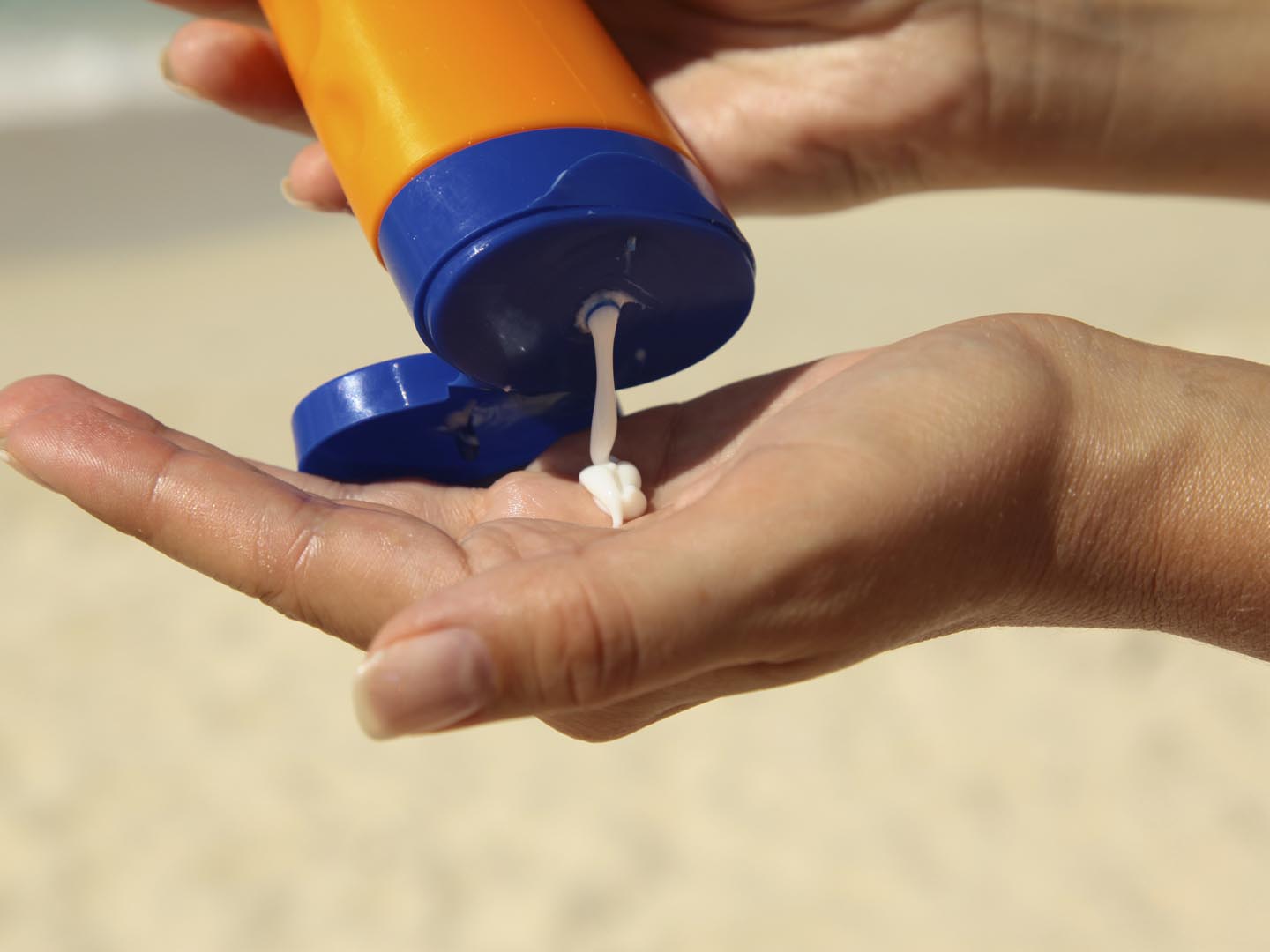Eczema: Symptoms & Treatment

What is eczema?
Eczema, also known as atopic dermatitis, is a chronic allergic condition in which the skin develops areas of itchy, scaly rashes.
What are the symptoms of eczema?
Eczema can occur on almost any part of the body but eczema on face areas is common, as is eczema on the scalp, inside of elbows, knees, ankles, and hands. It typically appears as extremely itchy patches on the skin. Eczema can get worse when scratched; in fact, itchy skin may appear normal until scratched; the irritating action may then cause the characteristic rash and scales to develop.
Other eczema symptoms include:
- Areas of dry, leathery skin
- Blisters that ooze and crust over
- Redness and inflammation in the affected area
Scratching can introduce infectious agents into the skin, leading to secondary complications including bacterial infection and permanent scars.
What are the causes of eczema?
Eczema is caused by a reaction similar to that of an allergy and can promote chronic inflammation. The condition will often wax and wane and accompany other allergic conditions such as asthma. In some cases, a specific substance, such as certain soaps, detergents, or metals, dust mites, and animal dander, can trigger eczema. For many people, however, there is no known allergen that causes this reaction. Eczema can be worsened by dry climates, exposure to water, temperature changes, and stress.
Who is likely to develop eczema?
Eczema is particularly common in infants and children. A person’s risk of developing the problem also increases if he or she has a family history of eczema or allergic conditions such as asthma and hay fever.
How is eczema diagnosed?
Physicians usually diagnose eczema by conducting a physical exam and asking questions about the patient’s symptoms, medical history, lifestyle, and habits.
What is the conventional eczema treatment?
Conventional doctors often recommend a combination of self-care techniques and medical therapies in the treatment of eczema. First, people with eczema should avoid any potential triggers that appear to make symptoms worse. Take warm, not hot, showers or baths if you have eczema. Use soap as sparingly as possible, and apply a soothing, hypoallergenic moisturizer immediately after bathing. Physicians may also suggest using over-the-counter anti-itch lotions or low-potency steroid creams.
When these measures don’t alleviate eczema, the doctor may prescribe one or more of the following treatments:
- Steroids. Prescription steroid creams and ointments – and, in severe cases, oral steroid medications – can relieve the itching and inflammation of eczema, but they can have side effects such as skin thinning and are not recommended for long-term use.
- Immunomodulators. Newer prescription creams called calcineurin inhibitors (such as pimecrolimus and tacrolimus) work by modulating the body’s immune response. Although these drugs don’t have the same side effects as steroids, their long-term safety isn’t yet clear.
What therapies for eczema does Dr. Weil recommend?
- Allergy is ultimately an inflammatory condition and diet can profoundly influence inflammation throughout the body. Follow an anti-inflammatory diet and avoid pro-inflammatory ingredients.
- Skin disorders are often strongly linked to psychological stress; conversely, stress-relieving techniques can often be extraordinarily effective in providing relief. Try visualization or hypnotherapy to take advantage of the mind/body connection in allergic skin disorders.
- Try aloe vera gel, calendula lotion or cream, and chaparral lotion on irritated skin.
- Take gamma-linolenic acid (GLA). This unusual fatty acid is found in evening primrose oil, black currant oil and borage oil but is very hard to come by in the diet. GLA appears to have nourishing effects on skin, hair, and nails. Take 500 mg twice a day and expect to wait six to eight weeks to see results.
- Eliminate milk and all milk products, which may irritate the immune system.
- In addition, therapies in both homeopathy and traditional Chinese medicine have proven effective for many skin conditions and are worth exploring. See the websites of the National Center for Homeopathy and the National Certification Commission for Acupuncture and Oriental Medicine to find practitioners.









